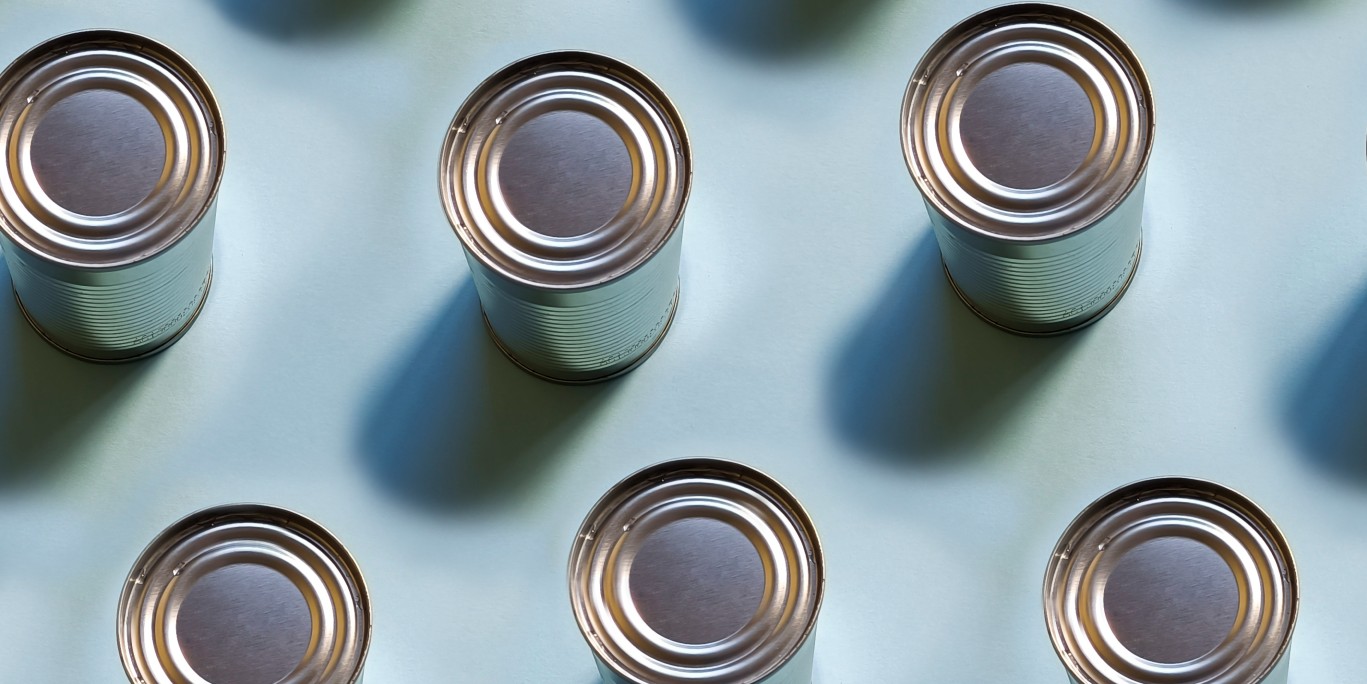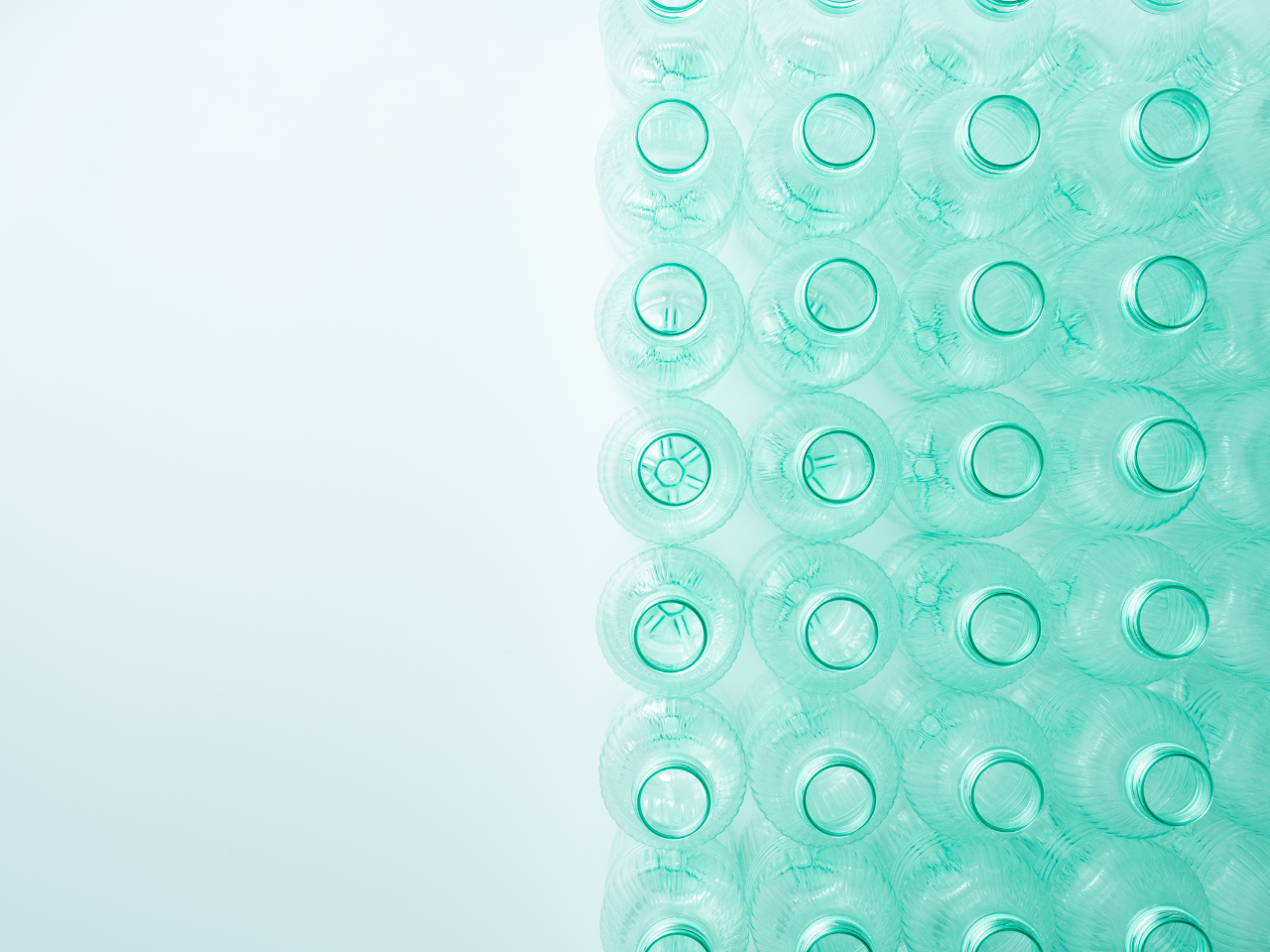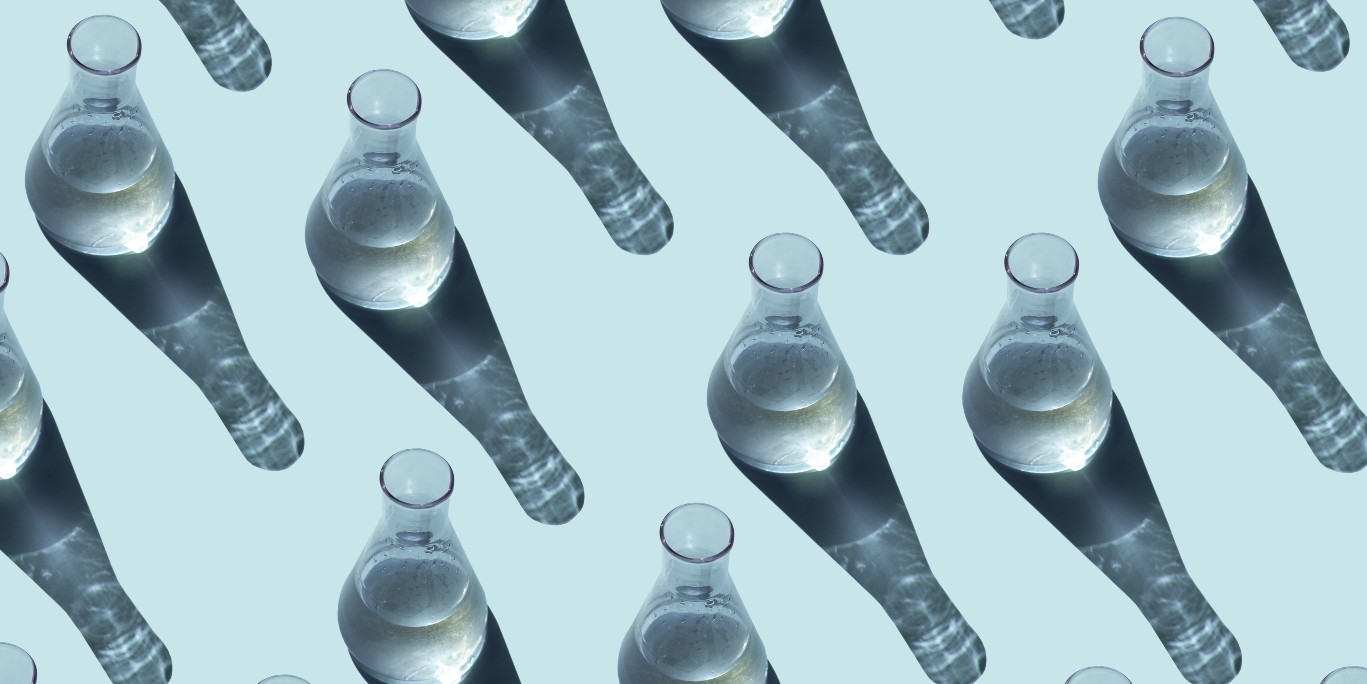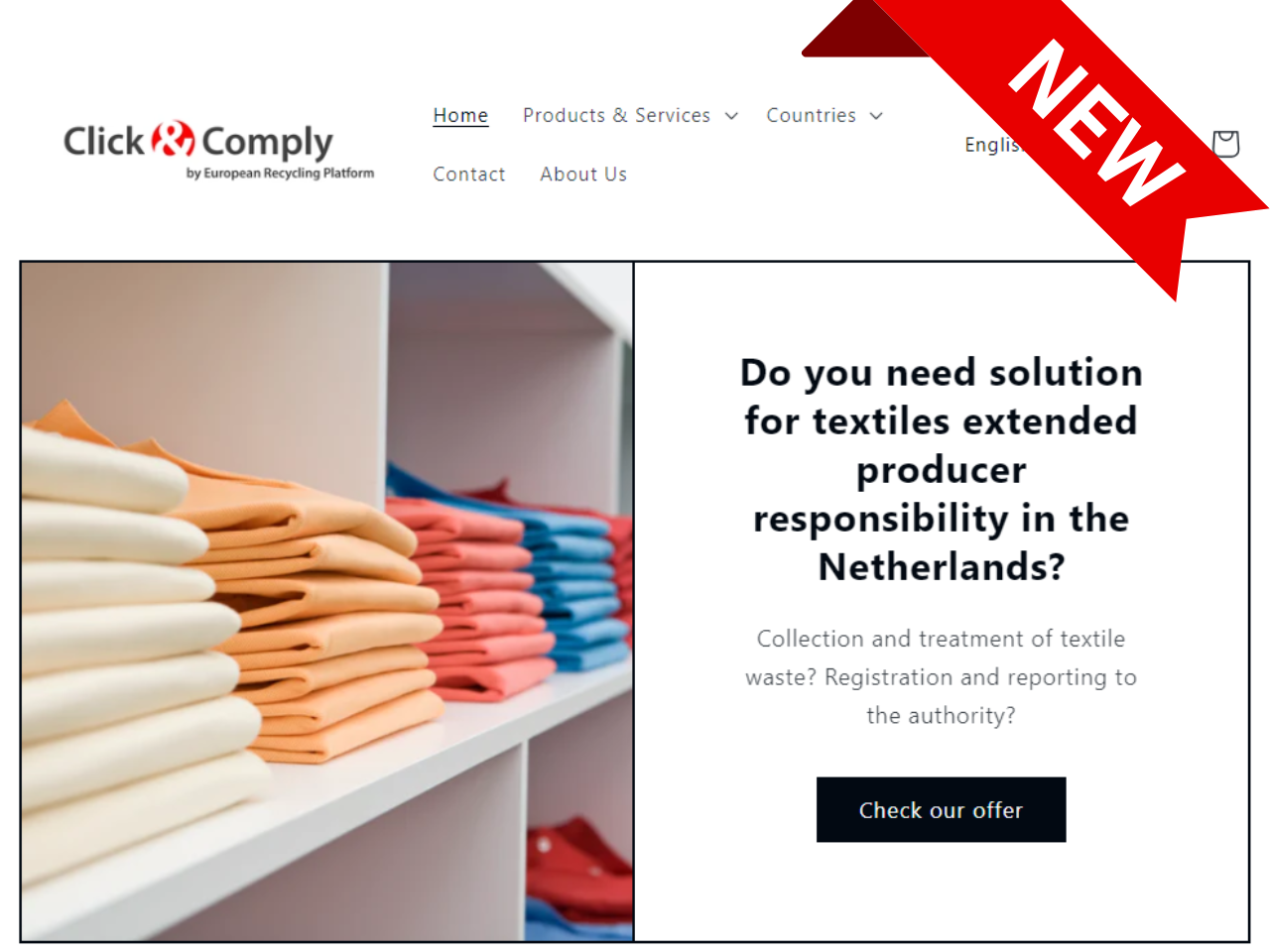What changes could have the biggest impact? Read our selection for December 2023.
Tackling plastic pollution: a global stocktake
Ecodesign Regulation: agreement reached
Right to Repair: European Parliament votes
Circular materials: EU increases use in 2022
Tackling plastic pollution: a global stocktake
Tackling plastic pollution is an issue of global importance. More and more countries are adopting policies, such as extended producer responsibility (EPR), to fight plastic pollution.
OECD latest report
The OECD has analysed the possibility of eliminating plastic pollution by 2040 and presented interim results in its latest report.
The results clearly show that a business-as-usual approach is unsustainable and would lead to a 50% increase in the amount of plastic entering the environment by 2040, equivalent to 30 million tonnes per year.
The OECD has therefore developed a policy scenario based on early, strong and coordinated policy action that would almost eliminate plastic leakage. This policy scenario is estimated to cost 0.5% of global GDP in 2040 and calls for an implementation of EPR schemes around the globe.
United Nations global plastics agreement
The United Nations has arrived at a similar conclusion on EPR in its discussions to establish a global plastics agreement. The first working draft, which includes the introduction of EPR, was discussed at the third session of the Intergovernmental Negotiating Committee in Nairobi, Kenya from 13 to 19 November.
The negotiating session was inconclusive, but two more sessions are planned before an agreement is expected by the end of 2024. The next meeting will be held in Ottawa, Canada.
EU waste shipment regulation
In parallel, the EU institutions reached a provisional agreement on the waste shipment regulation (WSR) on 17 November.
The revision of the WSR aims to reduce shipments of problematic waste outside the EU. In particular, the agreement includes a ban on exports of non-hazardous plastic waste (B3011) to non-OECD countries.
The text provides the possibility for non-OECD countries to submit a request to the Commission to indicate their willingness to import EU plastic waste, if they fulfil strict waste management standards. In that case, the Commission can adopt a delegated act to lift the ban for these countries.
The provisional agreement will now need to be endorsed and formally adopted by both institutions before it can enter into force in the EU’s Official Journal.
Ecodesign Regulation: agreement reached
On 5 December, the European Council and Parliament struck a provisional agreement in the trilogue negotiation on the Ecodesign Regulation.
The new Regulation will replace the existing Directive from 2009 and broaden its scope to include also non-energy-related products.
The Regulation establishes a harmonised framework that sets requirements for specific product groups to increase their energy- and resource-efficiency, as well as improving their durability, reliability, reusability, upgradability, reparability, recyclability, and maintenance.
The specific requirements for product groups or technologies will be proposed by the European Commission via delegated acts.
The establishment of performance and information requirements will thus be an ongoing process by the Commission.
It has already announced that priority will be given to highly impactful products, such as textiles, furniture, iron and steel, aluminium, tyres, paints, lubricants and chemicals, as well as energy related products, ICT products and other electronics.
Additionally, the Regulation implements measures to end the destruction of unsold consumer products, whereas companies will have to take measures to prevent this practice. A ban on the destruction of unsold textiles and footwear products was directly instated by the Regulation.
Parliament and Council will now have to formally adopt the Regulation, after which it can enter into force after its publication in the Official Journal of the European Union.
Right to Repair: European Parliament votes
On 19 November, the European Parliament adopted its negotiating position on a stronger right to repair for consumers. The text was adopted with 590 votes in favour, 15 against, and 5 abstentions.
The proposal aims to encourage more sustainable consumption by making the repair of defective goods easier, thus reducing waste and supporting the repair sector, and by making the repair of products more attractive to consumers, thus enhancing circular behaviour.
The Parliament proposes that Member States further incentivise the repair of products, also outside of the guarantee period, through measures including financial incentives like a national repair fund or repair vouchers.
Furthermore, the Parliament proposes to extend the guarantee period by one year after the first repair.
The European Council has not yet decided upon its negotiating position.
Circular materials: EU increases use in 2022
Eurostat, the statistical office of the European Union, has published data on the circularity of material use in 2022.
According to the data, the EU’s circular material use rate reached 11.5% in 2022, which means that 11.5% of material resources used in the EU came from recycled waste materials.
Compared to the previous year, the circularity rate increased by 0.1% and is up 0.8% since 2010.
The countries with the highest circular material use rate are the Netherlands (27.5%), Belgium (22.2%) and France (19.3%). The lowest rates were recorded in Finland (0.6%), Romania (1.4%) and Ireland (1.8%).
In 2022, the highest circularity rate by main type of material was metal ores with 23.9% (+0.6% compared with 2021), followed by non-metallic minerals with 13.7% (-0.1%), biomass 10.0% (+0.6%) and fossil energy materials/carriers with 3.2% (no change).
Sign up for our monthly
report COMPASS here:
Your email











